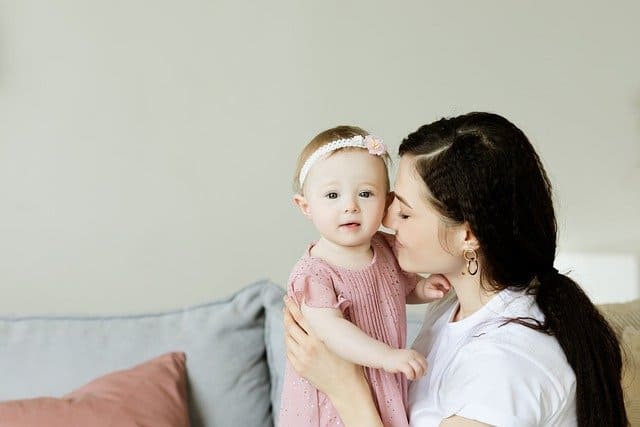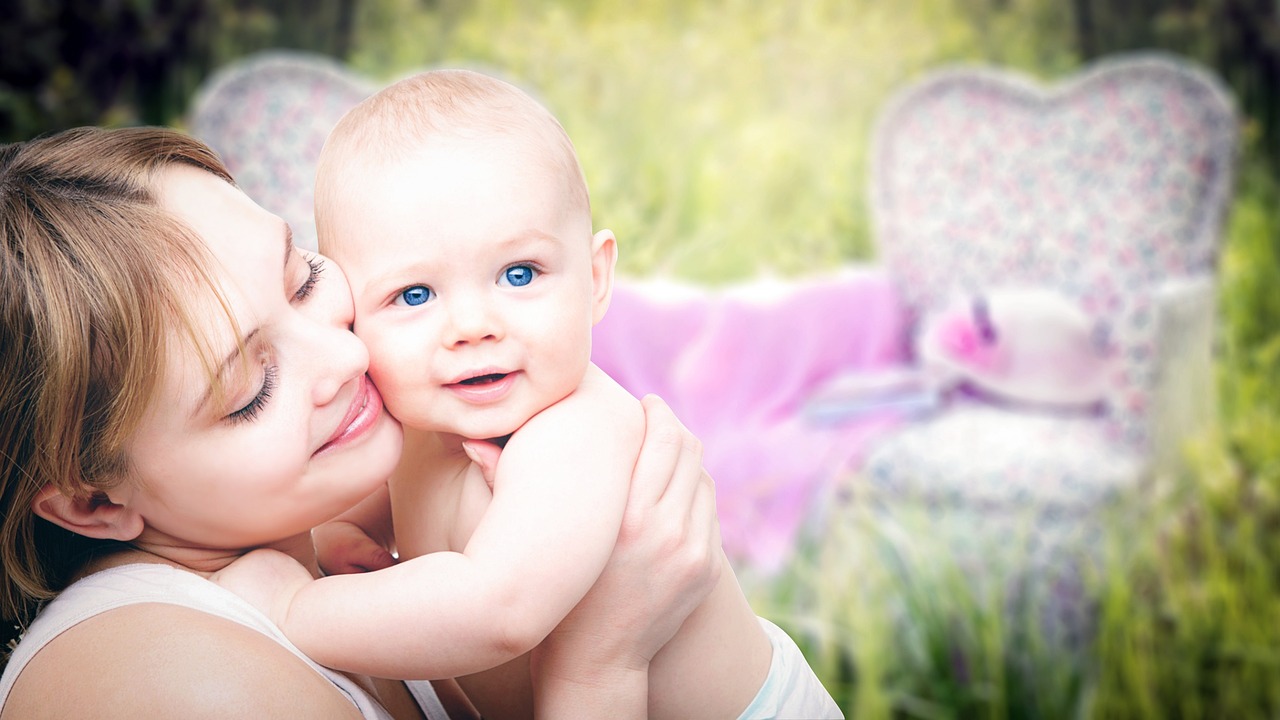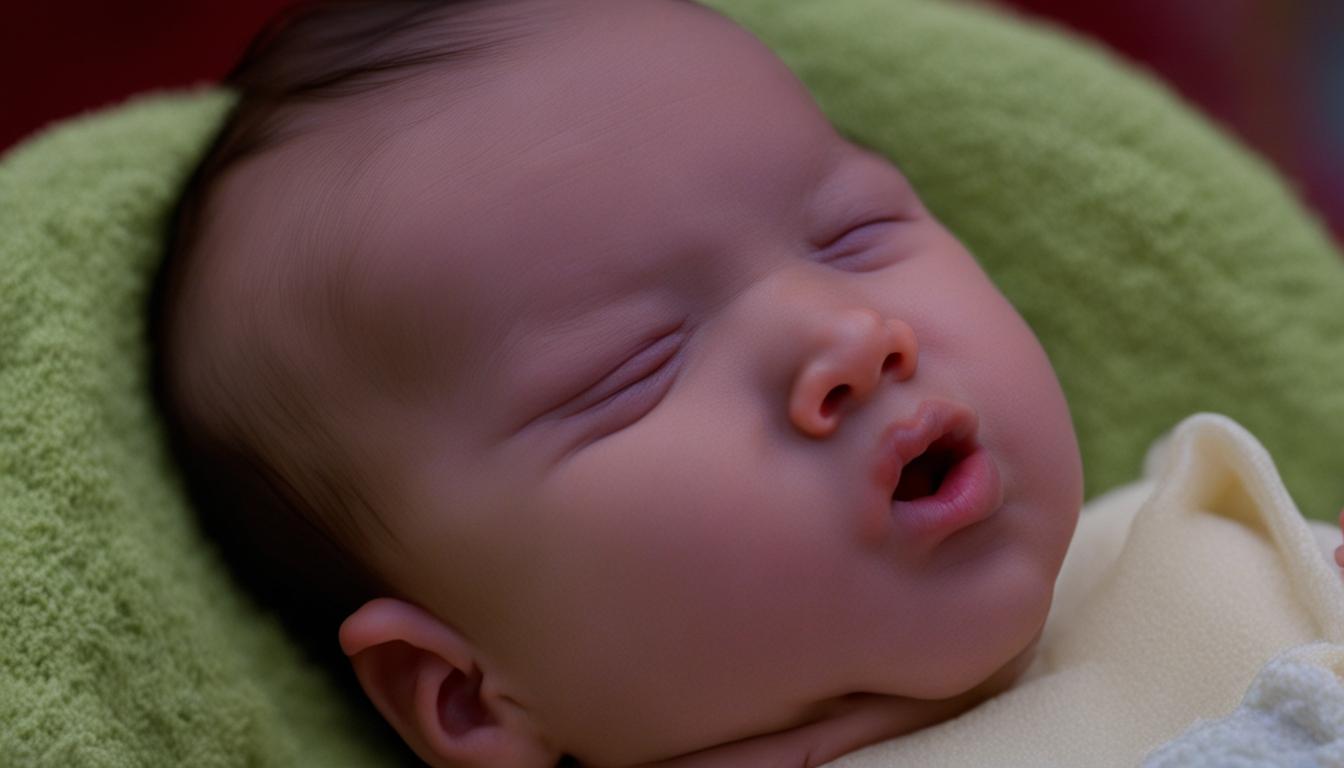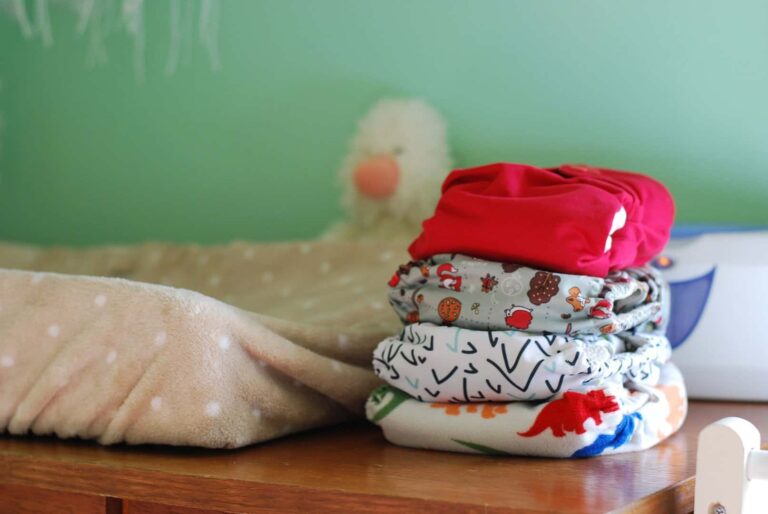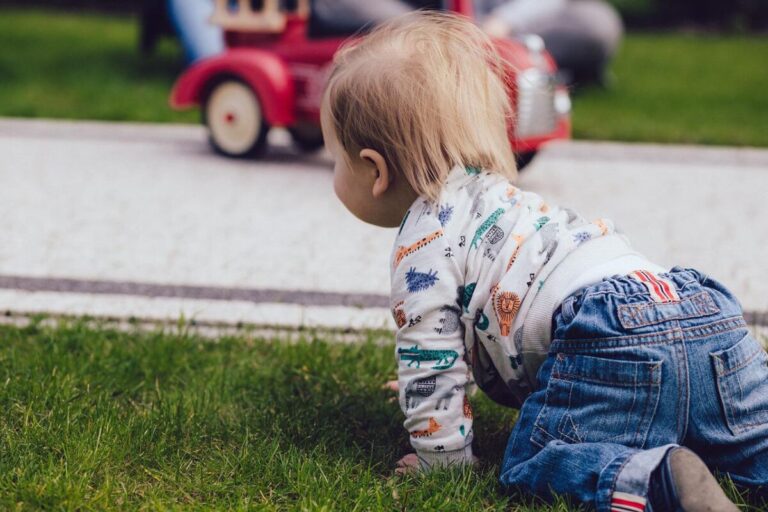When Does a Baby Start Saying Mama? What to Expect
It’s every parent’s joy to see their baby grow. Every memory is a treasure for old and young parents alike.
Verbal communication is a big step in a child’s development. Being able to hear your kid say their first word can be such a momentous moment. As parents, you may be anxious about when you can hear your child say “mama” or “papa.”
It’s understandable if you are wondering when your baby is going to say their first word. In fact, you might even wonder if your child can understand a word, to begin with. But not to worry.
We’ll discuss the different milestones a baby goes through until they reach their speaking age. We’ll also discuss concerns in the development of a child’s speech, as well as tips on how you can improve your child’s vocabulary.
When Does a Baby Start Saying Mama?
You as a parent may think that babies start talking at a certain age. But “baby talk” starts as early as after birth. WebMD describes baby talk as the grimace, cries, and squirms babies make to express some sort of need.
From the start of their life, babies are already communicating with their parents. Before their 3rd month, they already do nonverbal activities to signify what they feel and want.
But what we are interested in is the verbal ability of a child. And verbal communication starts at around 3 months. From cooing, babies will go on to verbalize simple syllables and babbles at around 6 months.
During this time, babies can understand things like their parent’s voices, their own name, and what native language they speak. At 9 months, babies can understand simple words.
And finally, at 12-18 months, babies have the ability to finally say the word “mama.” During this time, they can understand basic and short requests. This is the moment when you can say that your baby had said their first word.
From here on out, babies will grow and continue to develop more verbal skills. From 18 months to 3 years, your baby will be able to say more words and express emotions with spoken language. Babies will grasp the basic knowledge of physical objects and abstract symbols.
Do take note that some babies are a little earlier than others. Likewise, some might develop a little later. The Baby Talk Milestone is simply a general guide on what to expect with your child’s vocal abilities.
With that said, skipping one or more milestones can raise concern among parents. Silent children can be very alarming. And when a child is showing some signs, then it might be a good time to visit the pediatrician.
What Concerns Should I Watch Out For?
There are a few things you should watch out for if you are worried about your child’s speech. All of these concerns are based on communication (or the lack thereof) between you and your child.
Some of the concerns include:
- A baby who is unresponsive to your voice or to sound in general.
- A baby who is not producing any sounds or babbling at 6 to 9 months.
- The lack of nonverbal cues and gestures at 12 months.
- The preference of gesture over verbal communication at 18 months.
- And finally, an inability to understand requests and imitate sounds.
These concerns are sometimes caused by a lack of communication between parents. Talking to infants, singing to them, and reading books out loud can help them register language and speech.
However, the cause of muteness might be more concerning. If communication between parents does not work, the next step is to bring the child to a pediatrician. The baby can be given a hearing test or speech therapy.
There are plenty of reasons why a baby has a speech delay. The cause of speech delay can be as mild as being a late bloomer, to as serious as a neurological or developmental condition. Different possibilities include hearing loss, a problem with the mouth, being on the autism spectrum, neurological issues, and cognitive disabilities.
Luckily, these things can either be cured, corrected, or managed. With care, patience, and love, your child will be communicating in no time.
How Can I Help Improve My Baby’s Verbal Abilities
Parents always want to be the best influence on their children. If you want your child to be a good communicator, chances are that you are going to be their first teacher.
There are some things you can do to improve your baby’s speech and communication. Here are some tips on how to teach your baby language and verbal skills:
- The number one way to teach your child speech is to talk to them. Talking to them early will make them aware of language and speech. Babies in their mother’s womb can hear and recognize their mom’s voice, so it’s a good time to start talking to them.
- Sing to your baby. Not only is this a bonding activity, but it can also help improve a baby’s speech.
- Read books to your child. Just like singing, babies will start to register words when they hear them being read out loud.
- Give them simple commands when they get older. Babies above 12 months can understand and do simple tasks like picking objects up or dropping them down. Communicate small requests to help them improve their understanding.
- And finally, simply let them babble. Babbling is them training to speak. Allow your baby to have time to babble with no distracting noises around.
Conclusion
A baby’s first word is a big milestone for parents. It is a sign that their child is capable of speech and interaction.
Babies start saying words like “mama” and “papa” when they are around a year old. Asides from simple words, they can grasp basic tasks and requests by their parents.
Sometimes, babies start talking earlier or later, but this is not something out of the norm. However, babies who are missing a milestone can be something concerning. When this happens, parents are advised to bring their children to the doctor.
Overall, healthy babies will start speaking in their early years. Pretty soon, you’ll be dealing with a little, loveable chatterbox at home.

